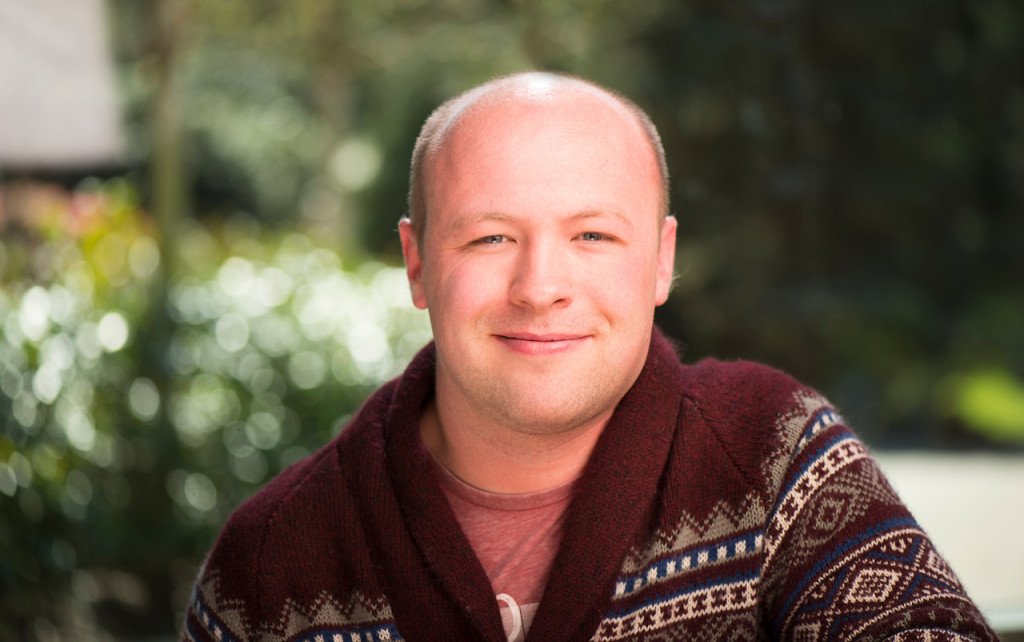Michael Richards, Edge Hill University
There are more than 1m people with learning disabilities in the UK and the number is expected to increase. These are people who face exclusion from society more than ever – particularly when it comes to voting. Not enough is done to enable their participation in the most basic democratic right available to British citizens. ![]()
The charity Mencap recently found that 70% of people with a learning disability said they want to vote in the future. However, of those surveyed, 64% didn’t vote in the recent local elections, of these 60% because it was too hard to register and 17% because they were turned away from the polling station. This does not amount to being a fair way for thousands of voters who want to be part of the political processes.
People with learning disabilities are often denied paid employment only to face accusations of benefits scrounging when they seek state support. The ruthlessness of the bedroom tax, “fit to work” tests, unescapable poverty, high energy bills, cuts in care and underemployment have ensured that people with disabilities are facing terrible times like never before. So hearing their voices is critical – not least in the run up to a general election. So many of the austerity measures implemented since 2010 have affected their lives, it’s surely only right that they are given the opportunity to deliver their verdict on them.
Voting with a disability
Before the last election in 2015, the Electoral Commission made it clear that there should be no barriers to anyone with disabilities who wished to vote. In fact, any voter with a disability is entitled to request assistance to get to their local polling station and help to mark the ballot paper. They can be provided with a large print ballot paper or a tactile voting device, which is fixed to the ballot paper so the visually impaired can vote in secret.
But these are all measures to help with physical disabilities. Where are the specifics for people with learning disabilities? This is unusual considering people with learning disabilities have the same right to vote as anyone else. The Electoral Commission is clear that a lack of “mental capacity” is not a reason to prevent someone from voting. Nor is it for anyone else to decide how someone with learning disabilities should vote.
Voting can be extremely difficult for people with learning disabilities. The form to register is not accessible to all, particularly if you cannot read or write. The struggle to get to grips with political jargon and the complicated political leaflets stuffed through the door can also make people with learning disabilities feel alienated.
The stereotypical perception of people with learning disabilities is that they don’t have the capacity to understand what is happening in the world around them. Frankly, this is an old-fashioned, false perception. In fact people with learning disabilities have knowledge and experience to share about politics, real life experiences, family life, education and healthcare. It’s really more the disabling impact of wider society that ensures people with learning disabilities don’t always have the voice they need and have a right to express.
Opening up the vote
There are ways to change this. Easy read manifestos would be a good start. It would also help if they were published in good time, so that people can spend time considering the proposals the political parties put forward. There should also be more events and hustings that are accessible for people with learning disabilities.
For people with learning disabilities to have a say in their future, access to knowledge, resources and people in politics is vital. This may go some way in turning the dire life situations many of them face into something better.
Overall, for an equal and respectable vote to take place in the general election, marginalised groups, particularly people with learning disabilities, need to be able to fully engage in the political process. People with learning disabilities have knowledge, skills, experiences and perspectives to share like anyone else, and this should be reflected in a vote that effects the lives of everyone in Britain.
Michael Richards, Lecturer in Applied Health and Social Care, Edge Hill University
This article was originally published on The Conversation. Read the original article.

